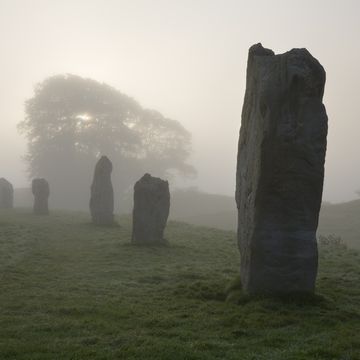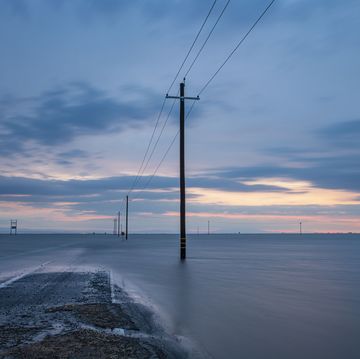One small town in Brazil takes the adage "early to bed, early to rise" to heart—and it might be helping their health in the long run. A study published in the journal Scientific Reports found that residents of the town sleep like our ancestors did—linked to the sun.
Researchers from the University of Surrey and the University of São Paulo talked to residents in Baependi, a tiny rural town in Brazil. They adhere to a sleep schedule similar to the pre-industrial era, even though they have access to electricity like any other town.
The researchers surveyed people in Baependi, in both the town and the nearby countryside, about when they like to wake up and fall asleep, if they could plan their days as they wished. They also asked the same question of people living in London and São Paolo.
The difference between sleep cycles varied a lot, depending on where people lived. People who lived in the countryside of Baependi preferred to wake up at 6:30 a.m. and fall asleep at 9:20 p.m. Residents of the town liked to wake up at 7:15 a.m. and turn in at 10:20 p.m. But people who lived in big cities wanted to wake up at 8:30 a.m. and fell asleep at 11:15 p.m.
Why such a difference in Baependi? Researchers point to the difference in exposure to light. "What we think is happening is that they are exposed to a lot of natural light," lead author Malcolm von Schantz told Yahoo Health. "Many have outdoor professions—agriculture and open-cast mining—especially those in the surrounding countryside, where the rhythm was even earlier."
Artificial light, both from light bulbs and electronic devices, keeps city dwellers awake at night, and that might have harmful effects on overall health. Instead of moving to Baependi, von Schantz recommends getting as much natural light as possible—and nixing electronics after dark—to get the sleep you need to take on the day. (And it might even help your eyesight, too.)













